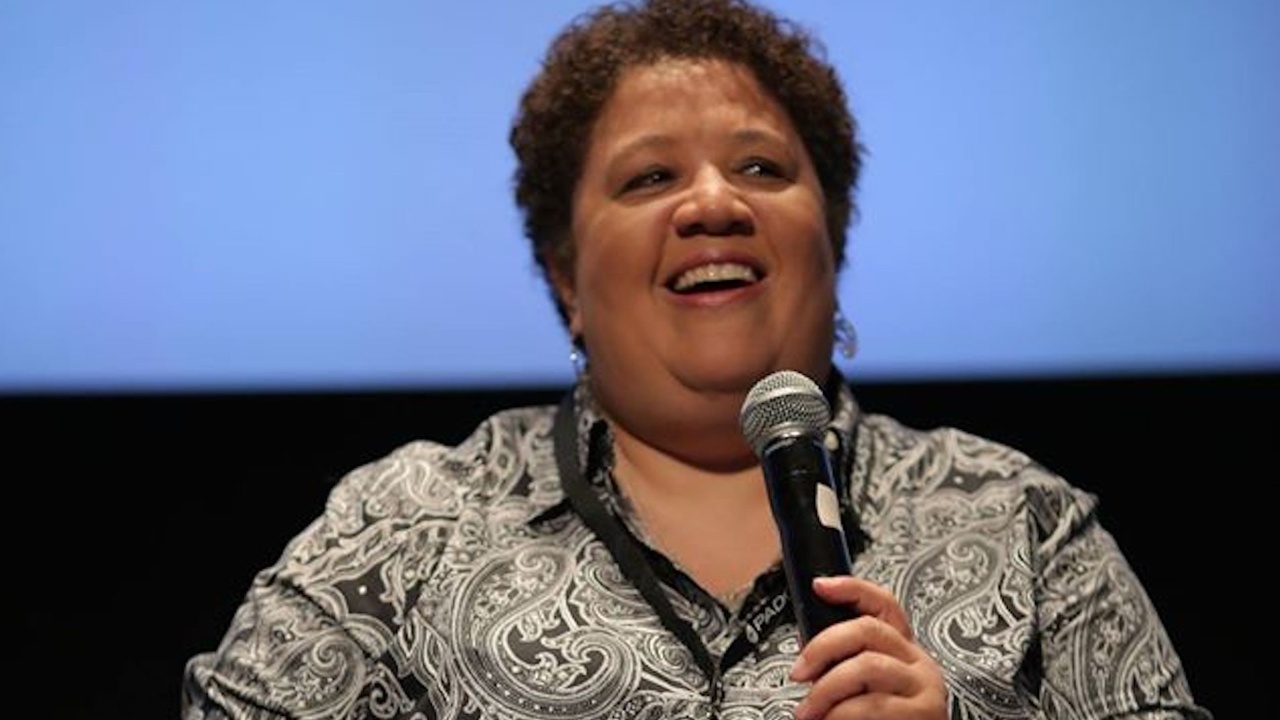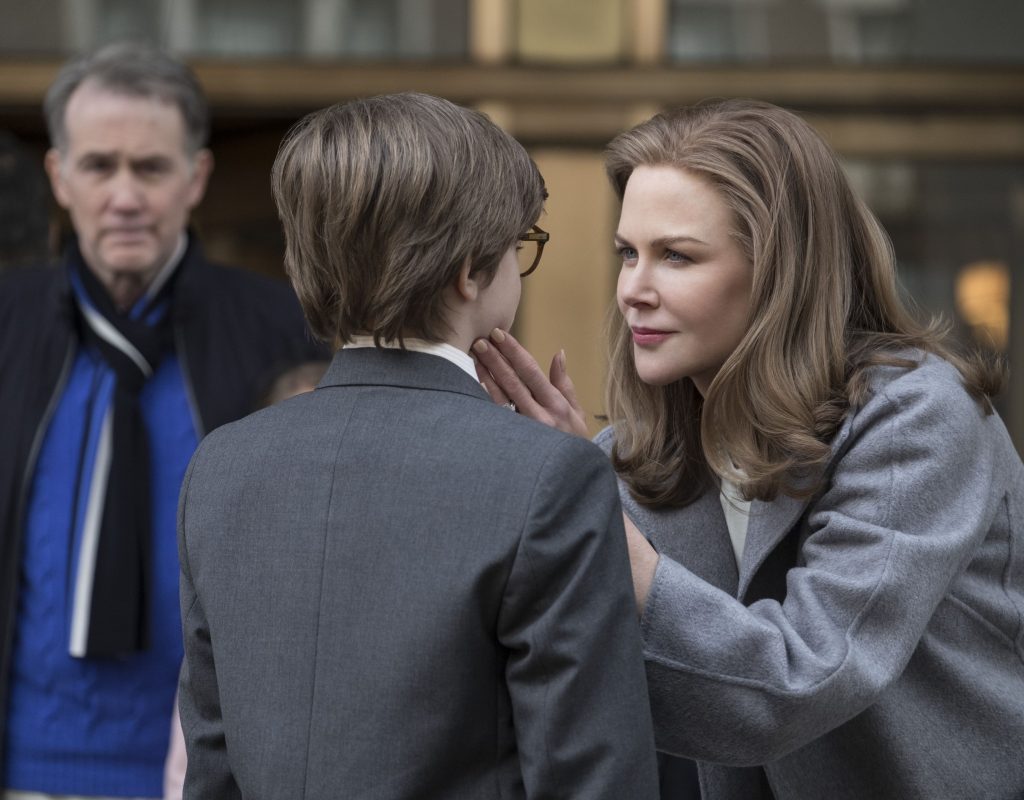Catching up with Emmy-winning "Breaking Bad" Editor Kelley Dixon, ACE

Kelley Dixon, ACE, the Emmy-winning Editor for the ground-breaking hit show "Breaking Bad" recently caught up with Filmmaker U to discuss her recent work, editing during the pandemic, and of course her acclaimed work on the hits "Breaking Bad" and "Better Call Saul."
Kelley Dixon, ACE got her start in post-production in multiple capacities in the editing room on the features "Reservoir Dogs" and "Good Will Hunting" as well as TV's "Without a Trace," and "Revelations." Kelley got her big break after many long years as an assistant when her editor, Lynne Willingham, ACE, cut the "Breaking Bad" pilot and she became the series' second editor. She's been nominated for four ACE awards and six Emmys - winning one Emmy in 2013 - for her work on "Breaking Bad." Kelley also edited on HBO's "Luck," Showtime's "Shameless", AMC's "The Walking Dead," "Halt and Catch Fire," "Preacher," and the hit "Breaking Bad" spin-off, "Better Call Saul."
---
Gordon Burkell (GB) - Today I'm joined with Kelley Dixon, ACE, editor of "Breaking Bad," "Better Call Saul," and "The Goldfinch," Thank you for joining us. You worked on "Reservoir Dogs" which was a phenomenal film. What was the process like working on that film?
GB - You recently edited the feature film ”The Goldfinch”. In the past you edited amazing shows such as “Breaking Bad” and “Better Call Saul”, and then you shifted into features. What were some of the big differences when you made that shift?
KD - I didn’t change my approach to cutting at all, I just cut for a longer period of time. On TV, if you are working on a show that has an eight day shoot, you have to deliver an editor's cut in two days. The director gets four days, the producer, on a show like “Breaking Bad” will get about a week. Then there's a little bit of time to do some fine tuning. In contrast to the feature film, I had two weeks to deliver an editor's cut and the director had 10 weeks.
With "The Goldfinch," what I really enjoyed was that the director, John Crowley was really in tune with the narrative. He really understood all of the metaphors that were in the book as well as the script. He really understood the characters, he understood their motivations. What we ended up doing a lot, was just having long conversations. We would spend a lot of time just talking through the scenes. I remember asking him questions about the painting, and whether at a certain point in the film, if Theo, the main character, understands what the painting means? He's holding on to this painting, but does he really understand? What is his motivation driving that? We would talk about that and I'd ask questions such as, "If Theo doesn't know, does the audience know?”

When I was a younger editor, I often thought, "Can I make this look cool?" Now I still want it to look cool, but I also want to manipulate the audience in ways that I need to for the story.
GB - Did you read the book before going into the film?
KD - Yes.
GB - What did you take from that, that you were able to communicate with the director?
KD - The book is about a kid who loses his mother in a tragic terrorist bombing in a museum. The one thing that I could connect with in the book is not about the accident, it's more about the manifestation of his guilt. His loss and his grief. I lost my mother when I was 14 and I could totally relate to what it felt like for the main character being displaced and how really lonely that is. I could really relate to how the character’s whole internal life was changing. I used that in the interview to get the job for this film, I said, 'Well, hell, I'm not going to get this job. So I'm gonna be really honest.' And I explained to the director my take on it. Two days later, I was driving to work and my agent called and whenever your agent calls in the morning, you know that it's good!
GB - Can you please talk about how you balance what is scripted with what is actually captured on set?
KD - I guess my overall note on that is that what you have is what you have. I am a writer as well, so I really value the script but If the script says high angle and you don't have that, you just don't have it! No matter what the footage is, I try to remember what the intent of the script is. What was I feeling when I read the script? What do I hope to feel?
GB - You said you did some writing, is that script writing or literature?
KD - I like to write but I find that it's very soul crushing. There's way too many people who just want to make your stuff into something else but, I've written some scripts. I actually made the top 100 for Sundance three years in a row back in the early 2000's.
GB - How far do you push something with a director that doesn't want to do what you're asking, but you believe it's what's best for the story?
theirs. Hopefully, they will trust you enough to be a partner. I'm not interested in being just another pair of hands on a three editor rotation. I'm an integral part of the storytelling team because all editors are, it's just that a lot of people don't want to acknowledge that.
GB - Now I have one last question that we've been asking everyone in these interviews during the pandemic. Many people are stuck at home and so because of that, they've been watching lots of streaming content. Is there a show or a movie that you caught streaming that you're like everyone should check out?
KD - You know, up until November, I was really a news junkie. I've had to re-find narrative stuff on TV. I've got a long list on my phone of things that I need to catch up on. I'm enjoying baking shows.
GB - Is there a baking show you'd recommend?
KD - Right now I'm watching "Nadia Bakes" on Netflix. I find that she's really fun. I'm not a very good cook, but some of her stuff I'm like, 'Oh, I can do that!

